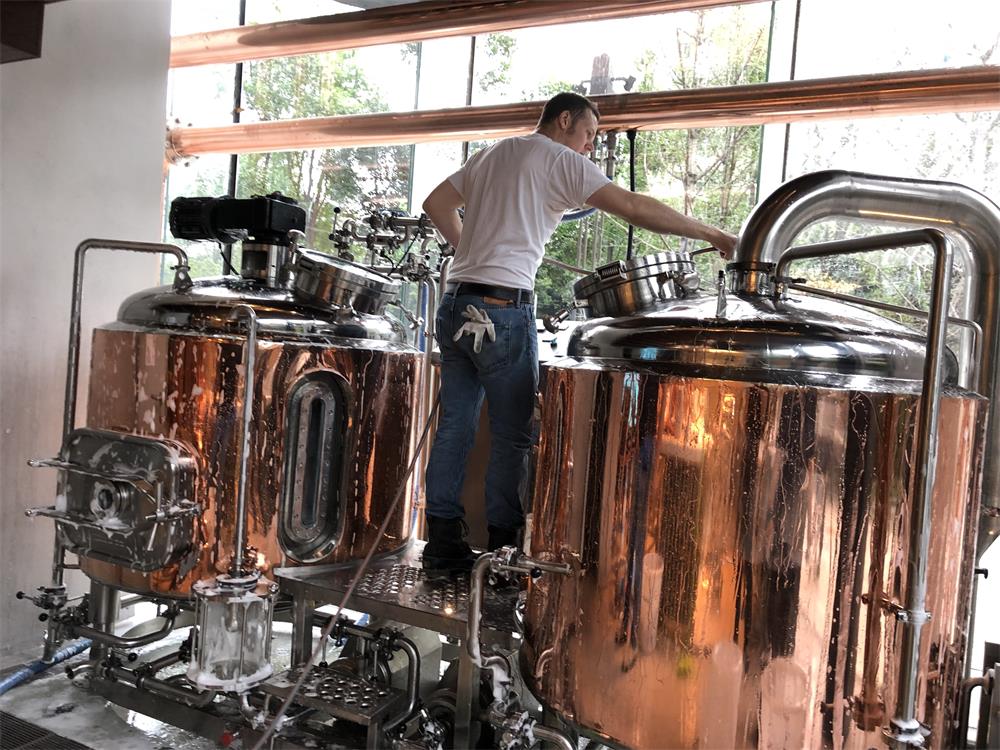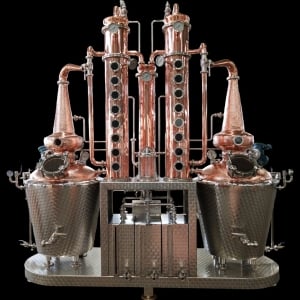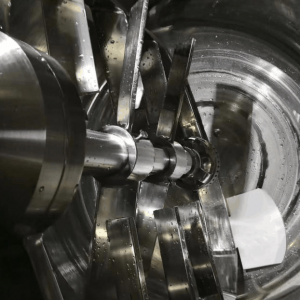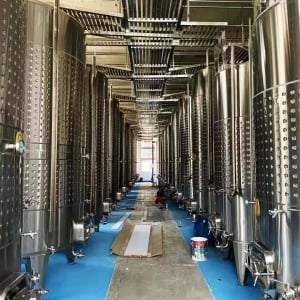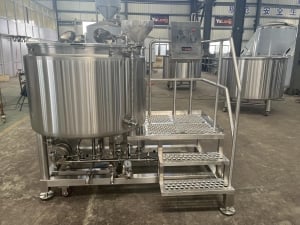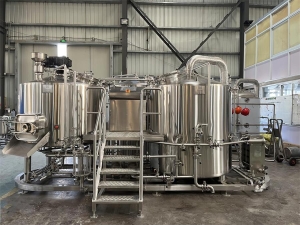Table of Contents
ToggleIntroduction
Beer brewing is an art that dates back centuries, and with the rise of craft breweries and homebrewing enthusiasts, the demand for high-quality beer brewery equipment has never been greater. In this article, we will delve into the world of beer brewery equipment, exploring its components, types, and the factors to consider when choosing the right equipment for your brewing needs. Whether you are starting a microbrewery, brewpub, or a commercial brewery, this guide will provide you with the essential knowledge to set up and operate a successful brewing venture.
What is Beer Brewery Equipment?
Beer brewery equipment refers to the machinery and tools used in the process of brewing beer. It includes various components that play crucial roles in the brewing process, from mashing and boiling to fermentation and packaging. Each piece of equipment contributes to the creation of distinct flavors, aromas, and characteristics of the final brew.
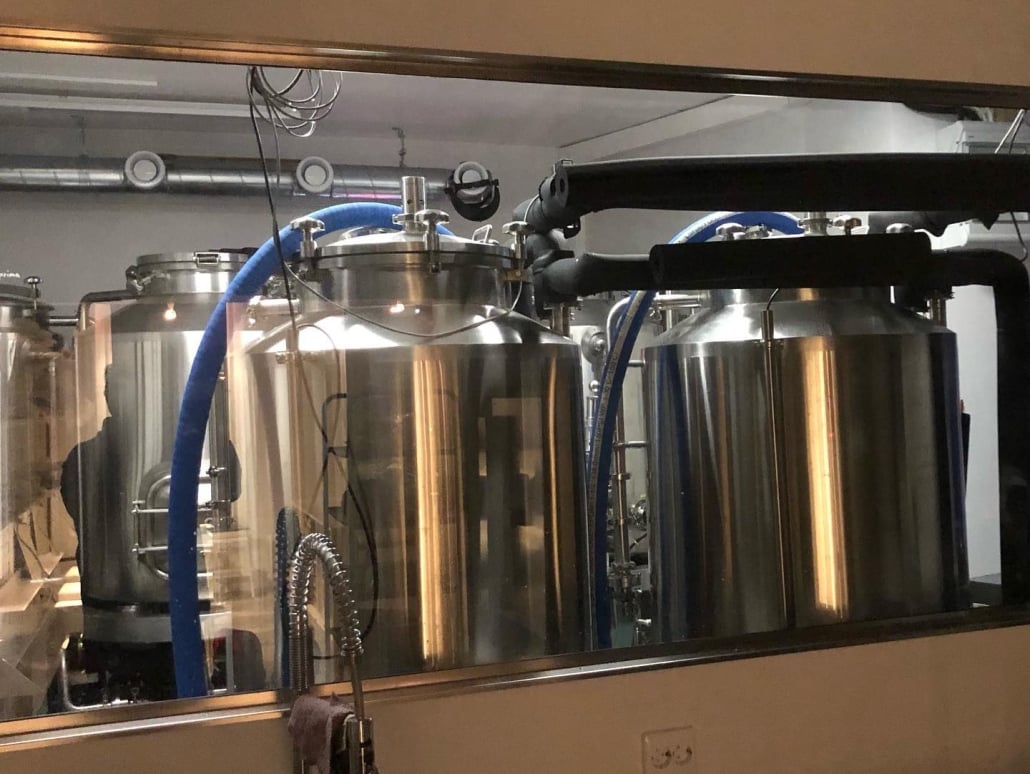
The Components of Beer Brewery Equipment
Brewing Kettles
Brewing kettles are large vessels used to boil the wort, a crucial step in the brewing process where hops are added to impart bitterness and aroma to the beer. These kettles are typically made of stainless steel or copper and come in various sizes to accommodate different batch volumes.
Fermentation Tanks
Fermentation tanks are where the magic of fermentation happens. Yeast converts sugars into alcohol and carbon dioxide, and fermentation tanks provide a controlled environment for this process. These tanks are essential for determining the beer’s flavor profile and alcohol content.
Mash Tuns
Mash tuns are vessels used for mashing, a process where malted grains are mixed with hot water to convert starches into fermentable sugars. Proper mashing is crucial for extracting the desired flavors and colors from the grains.
Wort Chillers
After boiling, the hot wort needs to be rapidly cooled before yeast can be added for fermentation. Wort chillers efficiently lower the temperature of the wort, preventing contamination and undesirable off-flavors.
Pumps
Pumps are used to transfer liquids, such as wort and beer, between various vessels during the brewing process. They help maintain a consistent flow and reduce the risk of oxidation.
Cleaning System
A reliable cleaning system is essential for maintaining the hygiene of the brewing equipment. Proper cleaning and sanitation prevent contamination and ensure the consistency of the final product.
Control Panel
Modern breweries often employ control panels to automate and monitor the brewing process. These panels enable brewers to manage temperatures, timings, and other variables with precision.
Types of Beer Brewery Equipment
Microbrewery Equipment
Microbrewery equipment is designed for small-scale breweries, often producing limited quantities of beer for local consumption. These breweries focus on crafting unique and specialty brews.
Brewpub Equipment
Brewpub equipment is tailored for establishments that brew beer on-site and serve it alongside food in a restaurant or pub setting. Brewpubs offer customers the opportunity to enjoy fresh beer while dining.
Commercial Brewery Equipment
Commercial brewery equipment is suitable for large-scale production and distribution of beer. These breweries produce significant quantities of beer for widespread retail distribution.
Homebrewing Equipment
Homebrewing equipment caters to brewing enthusiasts who create beer in their homes as a hobby. These setups are smaller in scale but allow for creativity and experimentation.
Factors to Consider When Choosing Beer Brewery Equipment
Batch Size and Production Capacity
Determining the batch size and production capacity is crucial when selecting brewery equipment. It’s essential to balance current demand with the potential for future growth.
Material and Construction
The choice of material and construction impacts the durability and maintenance requirements of the equipment. Stainless steel is a popular choice for its longevity and resistance to corrosion.
Heating and Cooling Options
Efficient heating and cooling systems are vital for maintaining precise temperatures during brewing and fermentation.
Automation and Control
Automation can streamline the brewing process, but it’s essential to strike a balance between automation and manual control based on your brewing philosophy.
Budget and Cost
Budget considerations are significant when investing in brewery equipment. Balancing quality with affordability is essential for long-term success.
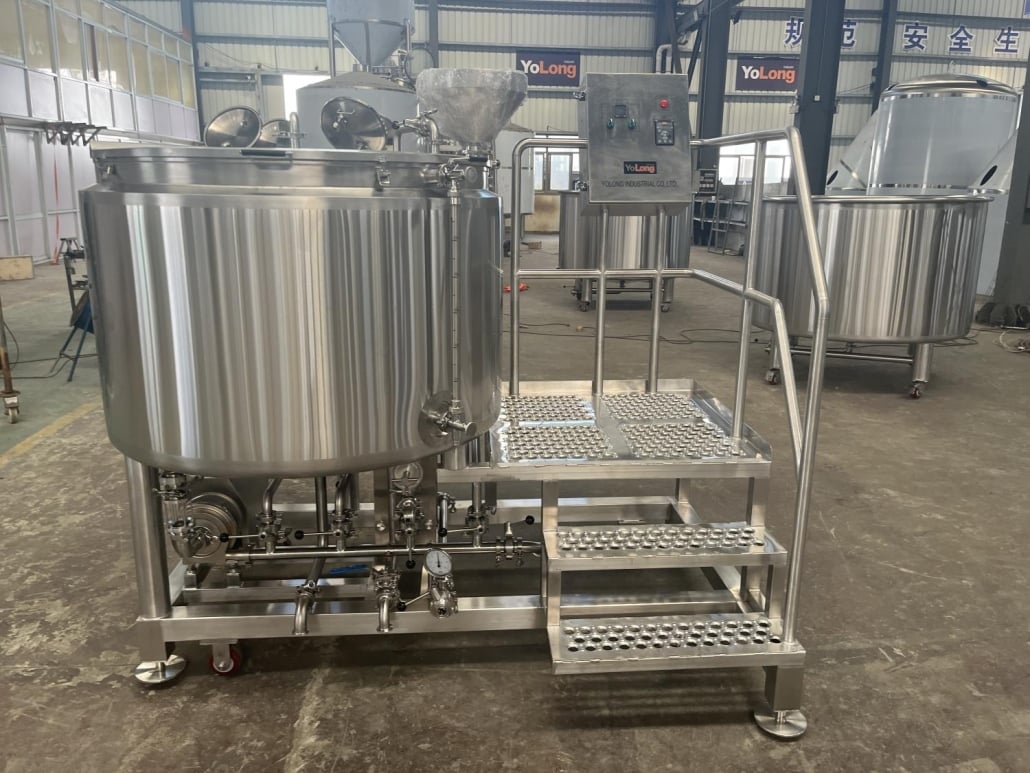
Setting Up a Beer Brewery: Step-by-Step Guide
Business Plan and Licensing
A solid business plan and obtaining the necessary licenses are the first steps to turning your brewing dream into a reality.
Location and Space Requirements
Choosing the right location and ensuring sufficient space are crucial factors in setting up your brewery.
Purchasing the Right Equipment
Thoroughly researching and purchasing the appropriate brewery equipment based on your business plan and needs is essential.
Installation and Setup
Proper installation and setup of equipment are crucial to ensure smooth operations and avoid any issues during production.
Safety and Compliance
Adhering to safety standards and regulatory compliance is paramount in the brewing industry. Ensuring the safety of employees and consumers is not only ethical but also vital for the success and reputation of your brewery. Familiarize yourself with local, state, and federal regulations related to brewing and alcohol production. This includes obtaining the necessary permits, licenses, and certifications.
Hiring and Training Staff
Building a skilled and passionate team is crucial for the success of your brewery. Hire individuals with experience in brewing or a strong interest in the craft. Training your staff in proper brewing techniques, equipment operation, and safety procedures will help maintain consistency and quality in your beer production.
Marketing and Promotion
Creating a strong brand identity and marketing strategy is essential to attract customers and stand out in a competitive market. Utilize social media platforms, local events, and collaborations with other businesses to promote your brewery and its unique offerings.
Maintenance and Cleaning of Beer Brewery Equipment
Regular Inspections and Maintenance
Regular inspections of brewery equipment are necessary to identify and address any potential issues before they escalate. Implement a maintenance schedule to keep your equipment in optimal condition, reducing the risk of breakdowns and ensuring consistent beer quality.
Cleaning Procedures and Best Practices
Thorough cleaning and sanitation are critical in brewing to prevent contamination and off-flavors. Develop and follow strict cleaning procedures for all equipment, ensuring that it remains free of bacteria and other contaminants.
Troubleshooting Common Issues
Despite meticulous maintenance, equipment issues can still arise. Familiarize yourself and your team with common troubleshooting techniques to quickly resolve problems and minimize downtime.
Upgrading and Expanding Your Brewery
8.1 Increasing Production Capacity
As your brewery grows, you may need to consider increasing production capacity. This can involve upgrading existing equipment, adding new fermenters, or investing in larger brewing kettles.
Implementing New Technology
Stay up-to-date with the latest advancements in brewing technology. Implementing automation, digital monitoring systems, and smart brewing solutions can enhance efficiency and consistency in your brewing process.
Expanding Distribution Channels
Expanding your brewery’s distribution channels is a crucial step in reaching a wider audience. Explore options such as distributing to local retailers, restaurants, or even launching an online store for direct-to-consumer sales.
Sustainable Brewing Practices
Water and Energy Conservation
Brewing is resource-intensive, so adopting sustainable practices is essential for reducing environmental impact. Implement water and energy conservation measures throughout your brewing process.
Waste Management
Proper waste management is crucial to minimize the ecological footprint of your brewery. Explore recycling and waste reduction strategies to limit the amount of waste generated.
Eco-Friendly Packaging
Consider using eco-friendly and recyclable packaging materials to reduce the environmental impact of your products.
Trends and Innovations in Beer Brewery Equipment
Smart Brewing Technology
The integration of smart technology in brewing equipment allows for precise control and monitoring of various parameters, optimizing the brewing process.
Miniaturization and Portable Equipment
Compact and portable brewing equipment has gained popularity among homebrewers and small-scale breweries due to its space-saving advantages.
Hybrid Brewing Systems
Hybrid brewing systems combine traditional brewing methods with modern technology, offering versatility and flexibility in the brewing process.
The Future of Beer Brewery Equipment
As technology continues to evolve and consumer preferences change, the future of beer brewery equipment holds exciting possibilities. Expect advancements in automation, sustainability, and equipment design to shape the brewing industry.
Conclusion
Beer brewery equipment forms the backbone of every successful brewing operation. By understanding the components, types, and factors to consider when choosing equipment, aspiring brewers can pave the way for a thriving and innovative brewing venture. Embracing sustainable practices, staying updated with industry trends, and maintaining a commitment to quality will set your brewery on a path to long-term success.
FAQs
- How much does beer brewery equipment cost?
- The cost of beer brewery equipment can vary significantly depending on the scale and complexity of the brewery. A small homebrewing setup may cost a few hundred dollars, while a commercial brewery could require investments in the tens of thousands or more.
- What is the difference between a microbrewery and a brewpub?
- A microbrewery is a small-scale brewery that focuses on producing limited quantities of beer for local distribution. On the other hand, a brewpub is a combination of a brewery and a pub, where beer is brewed on-site and served alongside food.
- Can I start a brewery without prior brewing experience?
- While prior brewing experience is beneficial, it’s not a strict requirement. You can hire experienced brewers to manage the brewing process while you focus on the business aspects of running a brewery.
- What materials are commonly used in beer brewery equipment?
- Stainless steel is the most common material used in beer brewery equipment due to its durability, resistance to corrosion, and ease of cleaning.
- Are there any eco-friendly alternatives for beer packaging?
- Yes, there are eco-friendly alternatives, such as using recyclable aluminum cans or compostable materials for packaging beer.

